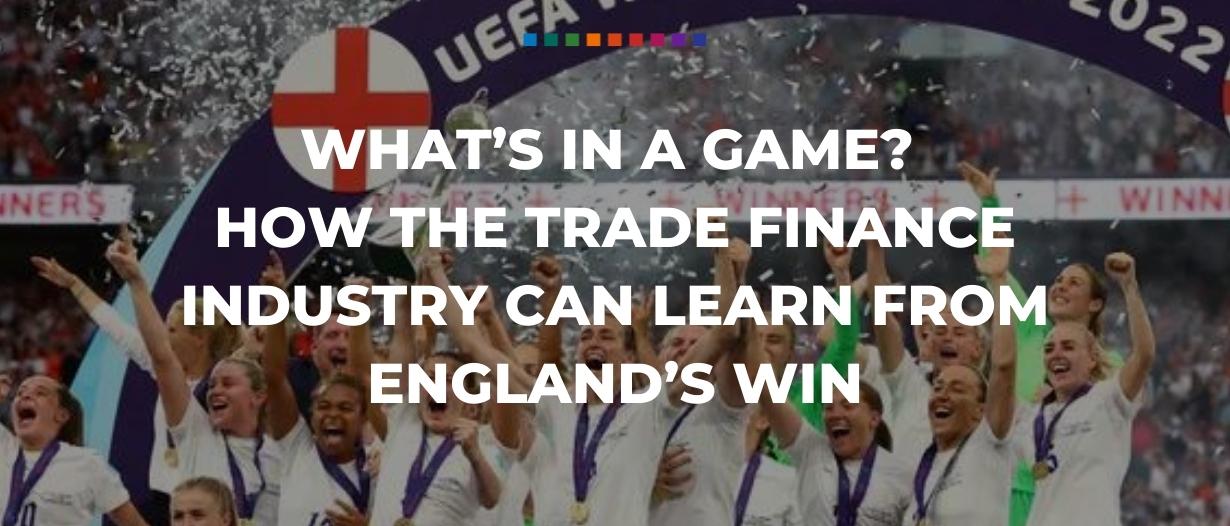It may have ‘just’ been a football game, but its impact is far greater.
The Union of European Football Associations (UEFA) Women’s Championship 2022 is over.
Yesterday’s football match saw England gain a 2:1 victory over Germany after extra time.
This outcome marks a historic win for England, women’s football, and women’s sports.
THIS TEAM. ????
Inspirational. Incredible. Unforgettable. pic.twitter.com/NptH7MrrwN
— Lionesses (@Lionesses) July 31, 2022
The significance of the match extends into further territories, especially in light of the current geopolitical landscape; strengthening avenues of international collaboration and competition has never been more important.
The success of last night’s football match proves that a combination of investment and innovation can promote social change and advance gender equality.
This comes after a historic trend of women’s exclusion from football pitches. After all, the Football Association (FA) did place a ban on women’s football in 1921. It took over seventy years for the governing body to re-embrace the women’s game thereafter.
Last night’s record turnout at Wembley showed a different story; a new chapter for gender equality.
8️⃣7️⃣,1️⃣9️⃣2️⃣… WOW!
A UEFA tournament record. INCREDIBLE ???? pic.twitter.com/rKq9mLCCYn
— Lionesses (@Lionesses) July 31, 2022
The #breakthebias theme of International Women’s Day 2022 has been poignant throughout this year. It has brought long-lasting awareness to the cause in every sector of society.
Looking towards the future, an emphasis must be placed on changing the approach to girls’ and boys’ earliest experiences, enabling girls, in particular, to gain influence in traditionally male-dominated areas.
This is an all too familiar story in the trade finance sector. Gender gaps in trade finance are have increased and become more complex over the course of the last few years.
It is estimated that worldwide, a $300 billion financing gap exists for formal, women-owned small businesses. Additionally, more than 70 per cent of women-owned small and medium enterprises (SMEs) have inadequate or no access to financial services.
There are many attributive factors for this, but among them are; hidden gender biases, a lack of business cases for partners to lend to women entrepreneurs, and distance between the development community and end-users.
The Lionesses have shown that through investing in a person, a team, or a business, success is limitless.
As a result of this game and these young women, a new wave of inspiration is being seen across the next generation of players.
Today’s team has continued the legacy of those before them, challenging football associations, successfully gaining brand sponsorships, and continuing to contest gender-based stereotypes.
They have been the game changers–breaking down barriers and allowing for progress.
Breaking the barriers is our mission at TFG. For us, this is enacted through trade finance. For this England team, it’s through football.
What’s next for the Lionesses, for women’s football, or for women’s sport–who knows?
If there is anything to be extrapolated from this outcome, it is that if the international community can rally around women in all industries, then gender equity can become a reality.
What’s in a game? Hope.




























